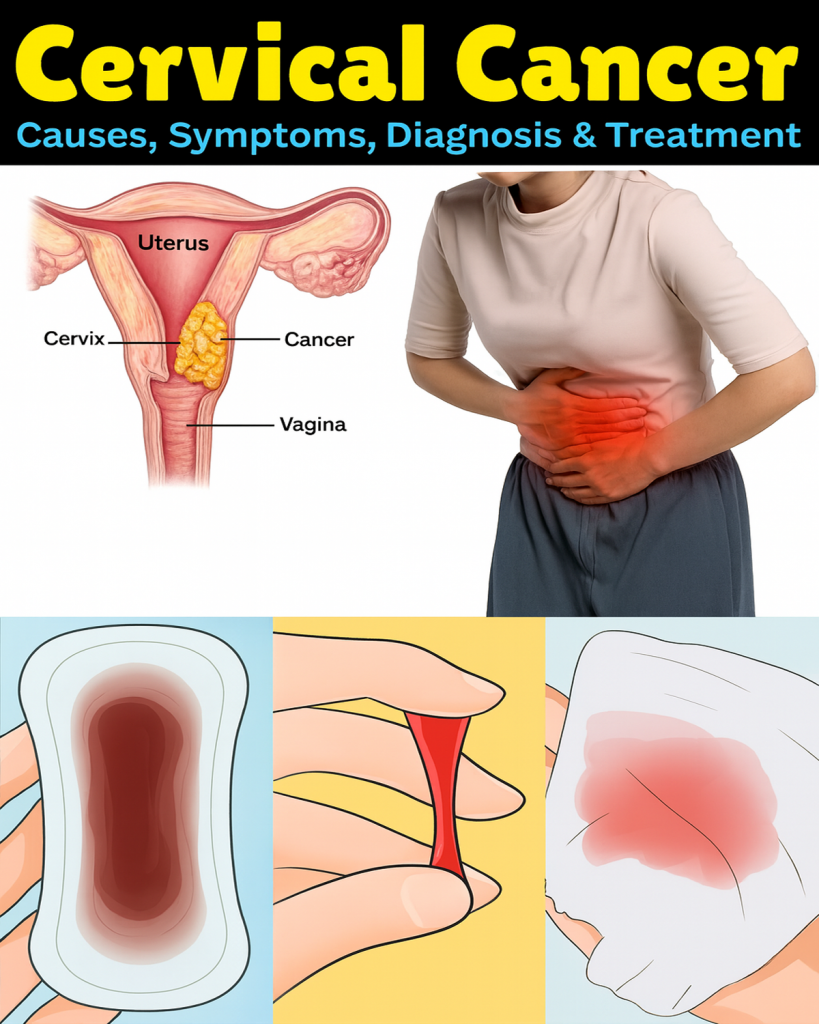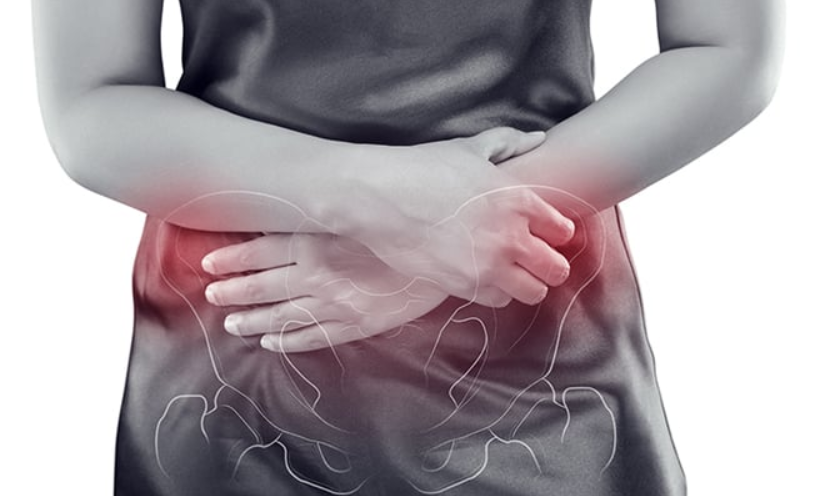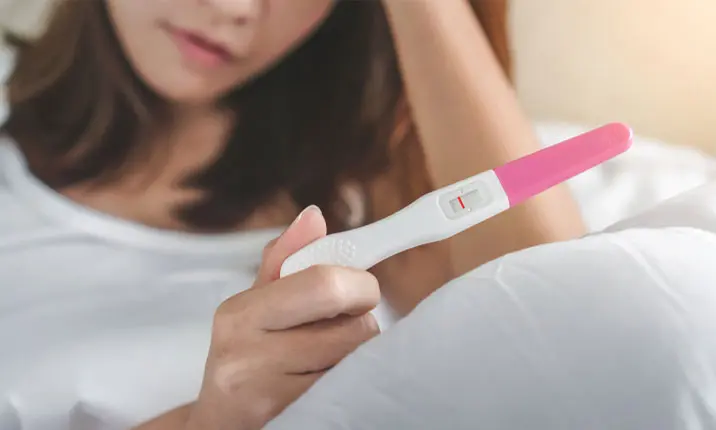Women’s health often goes unnoticed until symptoms become too disruptive to ignore. Yet, according to the World Health Organization, over 70% of gynecological conditions could be managed earlier if women recognized warning signs sooner. The uterus, a vital organ for reproduction and hormonal balance, often signals distress through subtle but persistent symptoms.
Unfortunately, many women dismiss these signals as “normal” period problems or simple fatigue. Left unchecked, however, these signs can point to underlying issues such as fibroids, endometriosis, infections, or hormonal imbalances.
This article highlights 12 warning signs your uterus may be crying for help. Understanding these symptoms can empower you to seek timely medical care, prevent complications, and protect long-term reproductive health. Along the way, we’ll share practical insights, real-life stories, and tips on when to take action.

Why Listening to Your Body Matters
The uterus plays multiple roles beyond reproduction. It interacts with hormones, impacts bone health, and even affects cardiovascular well-being. Ignoring uterine symptoms isn’t just about fertility—it’s about your overall health.
By paying attention, you gain the power to:
- Detect issues earlier
- Avoid unnecessary complications
- Improve your quality of life
12 Warning Signs You Shouldn’t Ignore
1. Heavy or Prolonged Periods
Excessive bleeding lasting more than 7 days or soaking through pads/tampons every hour may indicate fibroids, hormonal imbalance, or even uterine cancer.
2. Severe Pelvic Pain
Occasional cramps are normal, but intense pain that disrupts daily life could signal endometriosis, adenomyosis, or infection.

3. Irregular Menstrual Cycles
Skipped, extremely short, or unpredictable cycles often point to hormonal imbalances or polycystic ovary syndrome (PCOS).
4. Unusual Vaginal Discharge
Foul-smelling, thick, or discolored discharge may indicate infection or pelvic inflammatory disease, both of which can harm uterine health if untreated.
5. Pain During Intercourse
Known as dyspareunia, painful sex can be linked to uterine fibroids, infections, or endometriosis.
6. Persistent Bloating or Swelling
A feeling of fullness or visible swelling in the abdomen may be a sign of ovarian cysts or uterine enlargement.
7. Difficulty Conceiving
Struggling to get pregnant may reflect conditions like fibroids, endometriosis, or scarring in the uterus.

8. Unexplained Fatigue
Heavy bleeding can cause anemia, leaving you constantly tired. This is often overlooked but directly linked to uterine health.
9. Lower Back Pain
Chronic backache, especially tied to menstrual cycles, may suggest uterine fibroids or endometriosis.
10. Frequent Urination
An enlarged uterus or fibroid growth can press against the bladder, causing increased frequency or urgency.
11. Sudden Weight Changes
Rapid weight gain, especially around the abdomen, may be associated with hormonal imbalances affecting the uterus.
12. Spotting Between Periods
Light bleeding between cycles or after intercourse can signal polyps, hormonal changes, or more serious conditions.

When to Seek Medical Attention
Not every symptom means something serious. However, you should contact a healthcare provider if:
- Bleeding is heavy and persistent
- Pain is severe and recurring
- Discharge changes suddenly
- Symptoms interfere with daily life
Early evaluation allows for less invasive treatment options and better outcomes.
A Real-Life Story: Emily’s Journey
Emily, a 36-year-old mother of two, ignored her increasingly heavy periods for nearly a year. She attributed them to stress. But after collapsing from anemia, she finally sought care. Tests revealed large uterine fibroids. With proper treatment, Emily regained her health and energy. Her story underscores the importance of listening to your body and acting early.
Practical Tips for Supporting Uterine Health
While medical care is essential, lifestyle choices also play a big role.
- Balanced Diet: Focus on leafy greens, lean proteins, and foods rich in iron and vitamin D.
- Exercise Regularly: Improves circulation and reduces inflammation.
- Manage Stress: Chronic stress disrupts hormones, affecting the uterus.
- Stay Hydrated: Helps flush toxins and supports metabolism.
- Routine Checkups: Annual gynecological exams can detect early changes.
| Lifestyle Habit | Why It Matters |
|---|---|
| Balanced diet | Supports hormone balance |
| Exercise | Reduces pelvic congestion |
| Stress management | Prevents cortisol-driven hormonal shifts |
| Hydration | Maintains cellular health |
| Regular checkups | Enables early detection |

Common Myths About Uterine Health
- Myth: Painful periods are always normal.
Truth: Severe cramps can signal conditions like endometriosis. - Myth: Only women planning pregnancy need to worry about their uterus.
Truth: Uterine health affects bone, heart, and overall well-being. - Myth: Herbal remedies alone can cure fibroids.
Truth: While herbs may ease symptoms, medical evaluation is necessary for diagnosis and treatment.
Conclusion
Are heavy periods always a sign of disease?
Not always, but persistent or severe bleeding should be evaluated by a doctor.
Can uterine problems cause infertility?
Yes, conditions like fibroids and endometriosis can interfere with conception.
Is pelvic pain normal?
Mild cramps may be normal, but severe, recurring pain is not.
What’s the best prevention?
A mix of healthy lifestyle habits and regular gynecological checkups.
This article is for informational purposes only and does not replace professional medical advice, diagnosis, or treatment. Always consult your healthcare provider if you experience persistent or concerning symptoms.




